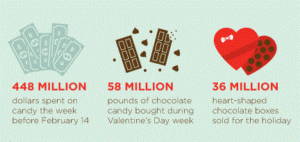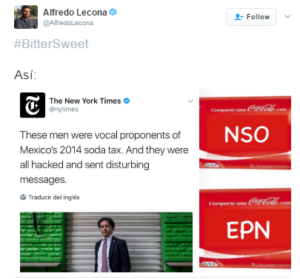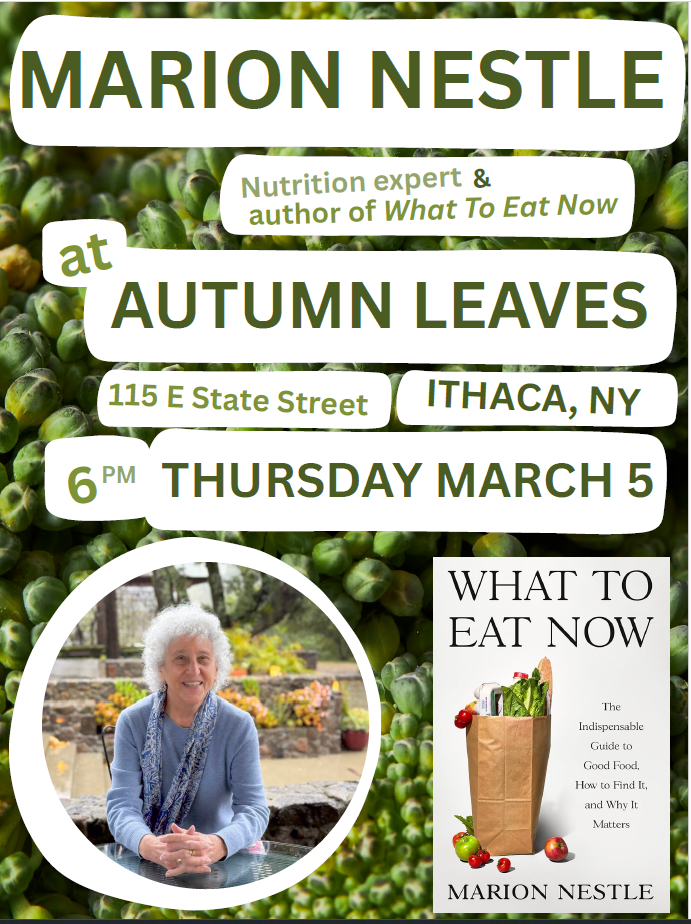Dairy vs. Almonds: who gets to call it “milk?”
The National Milk Producers Federation wants the House and Senate to introduce two “Dairy Pride Acts.” These would require the FDA to rule taht anything labeled milk, cheese, or yogurt has to come from cows—none of this almond, soy, or rice milk nonsense.
Why? Because it will confuse consumers into thinking that—horrors—almond, soy, or rice is just as nutritious as dairy products.
Why do I think that anyone buying almond, soy, or rice milk knows perfectly well what these are?
This is about protecting the dairy industry—marketing, not science, alas.
The Plant-Based Foods Association opposes both bills, no surprise.
Background on the bills:
- https://www.baldwin.senate.gov/press-releases/dairy-pride-act
- http://www.wpr.org/proposed-law-could-prevent-non-dairy-producers-calling-products-milk
- http://www.agweek.com/livestock/dairy/4197585-dairy-farmer-and-dairy-foods-groups-support-milk-labeling-law
- The New York Times’ account
- The Washington Post account (I’m quoted)




 This is Jane’s astonishingly well researched account of what happened to school meals in Huntington, West Virginia—after Jamie Oliver left.
This is Jane’s astonishingly well researched account of what happened to school meals in Huntington, West Virginia—after Jamie Oliver left.
